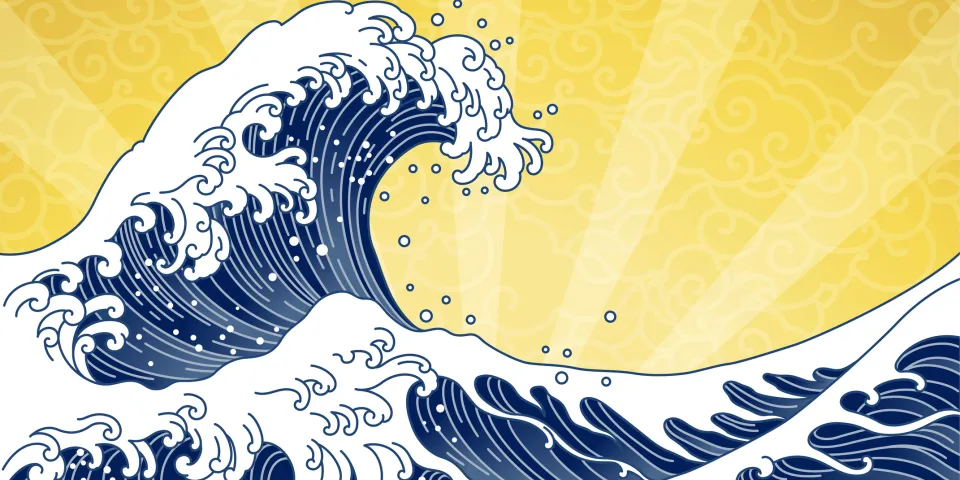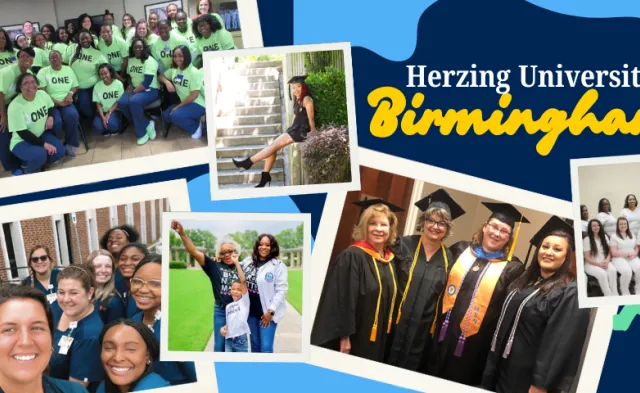Latest
Celebrating Asian-American and Pacific Islander Culture
May 10, 2022

Over 23 million Americans identify as Asian-American and Pacific Islander (AAPI). This rather broad term traditionally refers to those who have origins in the East or South East in the continent of Asia as well as the Pacific islands of Melanesia, Micronesia and Polynesia. AAPI encompasses approximately 50 ethnic groups speaking over 100 languages and includes countries like China, India, Japan, the Philippines, Vietnam, and both North and South Korea.
May is as a significant time for Asian-Americans and Pacific Islanders to amplify their voices and share their cultural pride. However, May isn’t just a time for the AAPI community, but also a time for everyone to actively participate and educate themselves on AAPI history and culture.
In her latest T.R.U.E. Talk with Terri, “Celebrating Asian-American Pacific Islander Culture,” diversity, equity and inclusion expert Terri Howard focuses on the importance of Asian-American Pacific Islander culture and history and how we can overcome prejudices. The T.R.U.E. series provides an opportunity to understand the different types of diversity and ask questions.
What is the history of Asian-Americans in the United States?
In her video, Terri Howard quoted an article from The Hill, "before we dig into comedies like ‘Crazy Rich Asians’ we should begin by taking the time to learn about the long history of injustice faced by Asian-Americans and Pacific Islanders in the U.S.”
On May 7, 1843, a 14-year-old fisherman by the name of Manjiro arrived in the country by way of a whaling ship. Manjiro is considered America's first Japanese immigrant and is subsequently called the U.S.'s first ambassador to Japan. In commemoration of Manjiro’s arrival to America, Congress established May as Asian-American and Pacific Islander Heritage Month in 1992.
In the 1850s, Chinese workers migrated to the United States, initially to work in the gold mines, but also to take agricultural, industry and factory jobs. Chinese immigrants were instrumental in building railroads in the American West. A decade later, Japanese immigrants arrived on the Hawaiian Islands to work in the sugarcane fields. Many moved to the U.S. mainland and settled in California, Oregon, and Washington, where they worked primarily as farmers and fishermen. As both these groups grew, so did the anti-Asian sentiment accompanying them. These now marginalized groups were often barred from participation in the country’s legal or political systems and were denied citizenship.
Among the long list of injustices experienced by the AAPI community were the Page Act of 1875, the Chinese Exclusion Act of 1882, the incarceration of Japanese American citizens during World War II, the murder of Vincent Chin, the mass shooting of Southeast Asian refugee children in 1989 and the targeting of South Asian-Americans, especially those who are Muslim, Hindu or Sikh, after the events of September 11, 2001.
Only recently have these people been afforded the type of appreciation and respect every culture deserves. AAPI month originated with Congress in 1978 when President Jimmy Carter started a week-long celebration in the first week of May. Over the next decade, Presidents have delivered annual proclamations renewing the importance of celebrating Asian-Americans and Pacific Island cultures for this week-long period.
What is the importance of celebrating AAPI Heritage Month?
Unfortunately, discrimination still exists against AAPI communities. The analysis released by the Center for the Study of Hate and Extremism examined hate crimes in 16 major U.S. cities and revealed that hate crimes against Asian people rose by nearly 150% in 2020. Organizations such as Stop Asian Hate stand united against racism and hate against Asian-American Pacific Islander communities, but they play only a small role in the fight against hate.
Since multiculturalism may help to address racial differences, though not the main cause of racism itself as some may remain ignorant and turn a blind eye to the ongoing racial justice faced by these and other marginalized groups.
Allies are important in any cause, and in the AAPI community. Allies can help to amplify the voices of the Asian-American community when they need it the most.
What are the most important lessons to learn about appreciating a culture other than your own?
According to Howard, “whether it is Asian-American Pacific Islander culture, or another culture is that self-education should always be the first step whether that means watching documentaries or cracking open a book or two.”
There are many available resources for educating yourself about AAPI history and culture, and now is the perfect time to get started. This includes reading articles about how to fight bias and learning about the history of Asian-Americans as well as following educational influencers.
How can non- Asian-Americans recognize AAPI Heritage Month with respect?
Asian-Americans are an integral part of America’s history and culture. There is so much to learn and enjoy during AAPI heritage month. Supporting Asian-owned businesses is a great way to start, as is making the effort to communicate and learn from people who are different than you. Recognizing and celebrating their contributions is an important aspect of promoting equality and honoring the incredible value their cultures contribute to the American experience.
Learn More About Our Career Programs
BLS pay estimates calculate the median annual wage for various occupations. Per the BLS the median wage for an occupation is: "The wage at which half of the workers in the occupation earned more than that amount, and half earned less. Median wage data are from the BLS Occupational Employment and Wage Statistics survey." Bureau of Labor Statistics (BLS), U.S. Department of Labor, Occupational Outlook Handbook 2024. BLS median wage estimates do not represent entry-level wages and/or salaries. Multiple factors, including prior experience, age, geographic market in which you want to work, and degree level and field, will affect career outcomes, including starting salary and earnings as an experienced employee. Herzing neither represents that its graduates will earn the median salaries calculated by BLS for a particular job nor guarantees that graduation from its program will result in a job, promotion, particular wage or salary, or other career growth.
Latest
Recent Blog Posts
Subscribe to our Newsletter
Get the latest news you need to know, from study hacks to interview tips to career advancement. Have it delivered right to your inbox biweekly.








